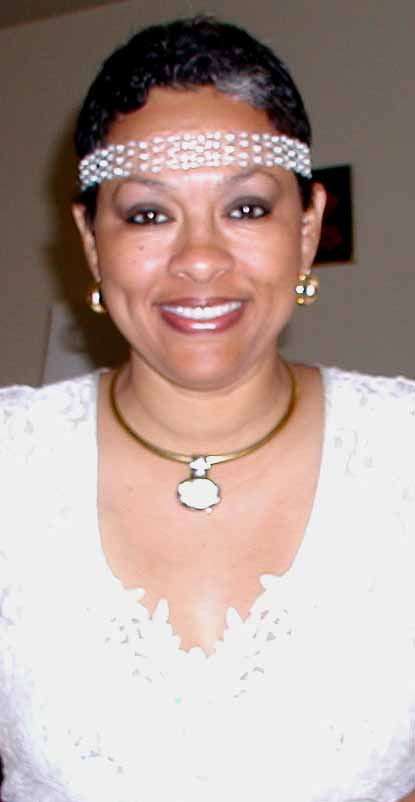 Understanding Yourself
Understanding Yourself
Joan Marques - MBA, Doctoral Student
Lately I have been wondering if it is possible for anyone to really understand him- or herself fully. Why? Because I find, as I grow older, that some of the things I seem to be dreading, are still part of my daily routine, which must indicate that they are probably fulfilling a need in some regard and to some extent.
Mull over it for a moment: Aren't there some issues in your life that you constantly declare having to deal with someday soon, yet simply don't tackle for reasons that may not even be entirely clear to you?
Whether in the career arena or the private environment, there are limitless examples of things people do that they complain about. Yet they do them: day after day.
Are you one of those?
If you recognize one or more of the abovementioned issues (or others that come to mind while reading these) that make you frown about your own actions or the lack thereof, you should consider whether you really know yourself.
And if you've already done so, you may be one of the few people that - at least - come close to an understanding of the fact that we never really know ourselves. Scary thought, isn't it? For if we can't even get a grasp of ourselves, how are we supposed to ever fathom others? And yet we are arrogant - or na´ve - enough to be surprised about partners packing their bags after twenty years of marriage... or colleagues of 30 years announcing their entry into a free-spirited world of some kind, indicating that they will cease living the lifestyle of the "regulars" from now on.
It's easy to drive yourself ballistic by wondering if you will ever understand yourself. Since I've been there and forced myself to thorough self-analysis regarding some of my incomprehensible actions, I can now share the following conclusion with you:
With this statement in mind, we can now reassess the earlier mentioned behaviors:
The pattern that shines through these elucidations is that we, human beings, are not only creatures of habit, but even more: creatures of convenience. We instinctively weigh the advantages of an experience against the disadvantages, intuitively do some simple adding and subtracting, and reflexively determine our actions on basis of the outcome. Voila! The necessity of math is proven! And with that, also the real reason behind every action we take - or cease to take - in our lives.
Burbank, California, August 11, 2002
"Never get upset with your actions, no matter how odd they may seem from a "sober" standpoint. You are probably satisfying a deep-seated need within you without being able to rationalize it"